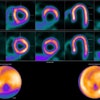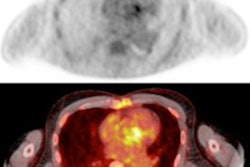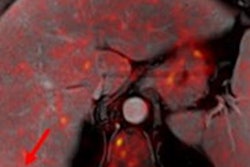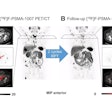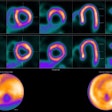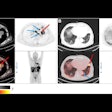Dear Molecular Imaging Insider,
Infective endocarditis is a very serious disease that is notoriously tricky to diagnose. Echocardiography is operator-dependent, and its sensitivity can decrease in patients with valvular prostheses, so molecular imaging's role is growing rapidly in this area.
The results of three important PET/CT studies from Portugal, France, and Italy were unveiled at the recent European Society of Cardiology virtual congress. They shine a light on infective endocarditis. Don't miss our exclusive report.
New evidence has also emerged about the clinical applications of PET/MRI. A team from Essen, Germany, has found that PET/MRI improves lesion detection for selected cancers and potentially reduces the need for additional examinations in comparison with PET/CT.
In other news, a group from Melbourne, Australia, has developed a technique that uses a follow-up SPECT/CT scan after radionuclide therapy to personalize the radiation dose delivered. So-called dosimetry-led administration of radionuclides has the potential to greatly improve therapeutic outcomes, the investigators say.
The abscopal effect occurs when radiation treatment -- or another type of local therapy -- not only shrinks the targeted tumor but also leads to the shrinkage of untreated tumors elsewhere in the body. In his latest column, radiology historian Dr. Adrian Thomas elaborates on the long and rich history of the abscopal effect, and also investigates its clinical applications in radiation oncology.
Dr. Sanjiv Sam Gambhir, PhD, was a leading global authority on molecular imaging who often visited Europe. His untimely death from cancer at the age of 57 has sent shockwaves across the world. Find out more in our tribute article.
This letter features only a few of the many articles posted over recent weeks in the Molecular Imaging Community. Please scroll through the full list of our coverage below.



